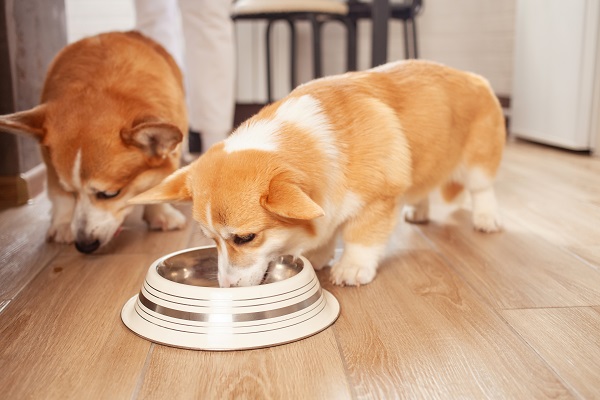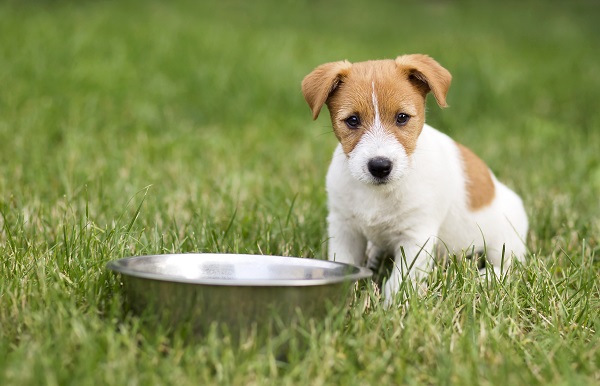A proper diet is extremely important when it comes to raising a healthy and content dog. For their growth, development, and general well-being, your furry buddy must have the proper balance of nutrients.
In this post, we’ll examine the value of proper nutrition for puppies and go over important issues to take into account when feeding your dog.
We’ll go over everything you should know to make sure your puppy gets the nutrition they require for optimum health and growth, from selecting the correct food to creating a feeding schedule.
When looking for puppies for sale, it’s important to put their health first and make sure they get the right nourishment to promote healthy growth and development.
Understanding Your Puppy’s Nutritional Needs
Compared to adult dogs, puppies have different dietary needs. Their bodies need a balanced intake of important nutrients to ensure healthy development as they progress through the crucial growth phases.
Protein, lipids, carbs, vitamins, and minerals are important nutrients. For the development of muscles and other tissues, protein is very crucial, whereas fats give us energy and help us absorb nutrients.
Energy is provided by carbohydrates, and various body processes are supported by vitamins and minerals. The first step in making sure your puppy is healthy is to recognize these nutritional requirements.
Choosing The Right Puppy Food
For meeting their nutritional requirements, choosing the appropriate puppy food is essential. Look for commercial puppy food that is of the highest quality and is designed especially for puppies. T
hese foods are created to offer the ideal ratio of nutrients to assist their development and growth. Choose products with high-quality protein sources listed as the first component, such as chicken, beef, or fish, by carefully reading the labels. Keep away from food that has a lot of fillers, artificial additives, or inferior components.
Establishing A Feeding Schedule
Puppies benefit from consistency, and a regular feeding plan keeps their energy levels stable and helps them avoid overeating. Until they are about six months old, pups typically need three to four little meals per day.
Feed them at regular intervals throughout the day, dividing their daily food intake into many meals. In order to keep your puppy hydrated, make sure to always have access to fresh water.
Monitoring Portion Sizes
In order to avoid underfeeding or overfeeding your puppy, proper portion control is essential. As a starting point, adhere to the feeding instructions listed on the puppy food container.
However, keep in mind that these suggestions are only general advice and that every puppy may have different requirements. Regularly check your puppy’s weight and overall health, and alter the portion sizes as necessary.
By regulating portion sizes, you can make sure that your puppy gets the correct amount of nutrition without consuming too many calories.
Regular Veterinary Check-ups
It’s crucial to schedule routine veterinary visits to keep track of your puppy’s development, general health, and dietary requirements. Your puppy’s body condition can be evaluated by your veterinarian, who can also address any issues and offer advice on feeding techniques.
Depending on the age, breed, and state of health of your puppy, they could suggest making certain nutritional changes. Regular examinations guarantee that your puppy’s dietary requirements are being met and enable the early identification of any potential dietary-related health problems.
CONCLUSION
A balanced and wholesome diet is essential for your puppy’s health and development. Puppy nutrition is crucially dependent on knowing their individual nutritional requirements, selecting the best puppy food, setting up a feeding plan, watching portion sizes, introducing new foods gradually, and going to the vet on a regular basis.
By giving your pet the right nutrients, you put them on the road to a long and healthy life. Remember that every puppy is different, so it’s crucial to speak with your veterinarian to create a feeding schedule that is tailored to your dog’s particular requirements.
With the right nutrition, you can lay the groundwork for your puppy’s long-term well-being. To know more about looking after a long-haired dog, feel free to click!

 DogExpress
DogExpress






















 in Chandigarh, India.
in Chandigarh, India. 
